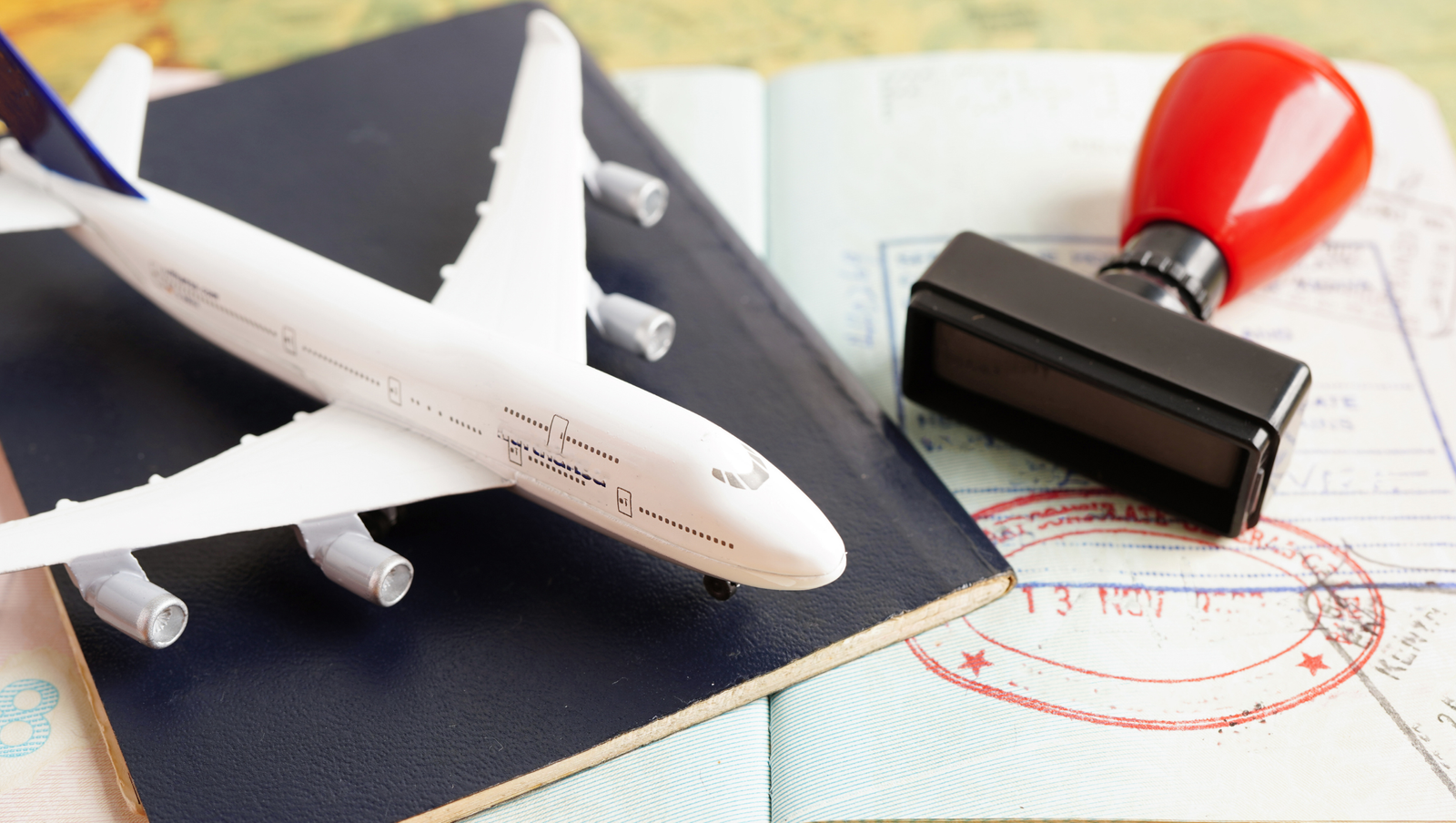
A visa is an official document issued by the Bureau of Immigration (BI) that allows foreign nationals to legally enter the Philippines. It is usually stamped or glued in the passport and serves as proof that the individual has been granted to stay in the country for a specific period. Additionally, there are various types of Philippine visas available for foreign nationals, depending on the purpose of their travel.
What are the Long-Term Visas in the Philippines for Foreigners?
In the Philippines, there are several types of visas offered to foreign nationals to reside, work, study or invest in the country for a long period of time, which are as follows:
- Pre-arranged Employment Visa or Work Visa (9G) is offered to foreign nationals who are employed in Philippine-based companies. This visa is valid for one (1) year and may be extended for three (3) years. Additionally, their employer must be their petitioner to obtain this visa.
- Special Visa Employment Generation (SVEG) Visa is given to qualified foreigners who are employed in at least ten (10) lawful and sustainable business, trade, or industry in the Philippines. Its holder’s spouse and their child/children below eighteen (18) years old—whether legitimate, illegitimate, or adopted—are eligible for this visa. However, once they reach eighteen (18) years old, they are required to downgrade their visas to Temporary Visitor’s Visa (9A).
- Philippine Economic Zone Authority (PEZA 47) or 47(A)(2) is issued by PEZA to foreigners holding executive positions, employees, and administrative positions by PEZA-registered enterprises, with a validity of one (1) year.
- Spouse Visa (13A) is granted to foreign nationals who are married with Filipino nationals or to former Filipino citizens who have obtained citizenship in another country. Their child/children under twenty-one (21) years old are also eligible for this visa.
- Temporary Resident Visa (TRV) is granted to foreign nationals whose country does not have a reciprocity agreement with the Philippines, but is married to a Filipino citizen. It grants its holder to stay in the country for one (1) year during probationary status and five (5) years if converted to permanent status and can be renewed for another five (5) years.
- Chinese National Spouse Visa (MCL-07-210) is granted to Chinese nationals who are married to a Filipino citizen. This type of visa is also granted to their legitimate children who are under twenty-one (21) years old.
- Non-Quota Immigrant (13G) is offered to a Filipino citizen’s spouse, their child/children who are under twenty-one (21) years old, and to natural-born Filipinos returning to the country after acquiring a different citizenship.
- Special Resident Retiree’s Visa (SRRV) is offered to foreign nationals and former Filipino citizens who are at least forty (40) years old and wish to retire and reside in the country permanently. Its holder must have a clean criminal record, medical clearance, proof of financial capability, and meet the required visa deposit.
- Special Investor’s Resident Visa (SIRV) allows its holder to live in the country indefinitely, provided that they are maintaining the investment requirements, which is at least US $75,000 or approximately PHP4,405,000.00.
- APECO Special Permanent Residency Visa (ASRV) is authorized directly by the Philippine government within the Aurora Pacific Economic Zone and Free Port Authority (APECO) Economic Zone. It allows individuals to establish permanent residence in the Philippines and to access various financial services, such as high-interest bank accounts, credit cards, life insurance, securities, and loans for homes or vehicles.
Why is it Required to Have a Visa in the Philippines for Foreigners?

Foreign nationals who wish to enter the Philippines are required to have a visa based on the purpose of their stay or travel. The purpose of the visa is to maintain national security, manage immigration, and enforce laws regarding employment, investment, and residency. Additionally, it helps the Bureau of Immigration (BI) and Department of Foreign Affairs (DFA) to track the purpose of foreign nationals on flying in the country and whether they comply with the country immigration regulations.
Can I Avail a Visa Upon Arrival in the Philippines?
The Philippines issues a Temporary Visitor’s Visa (9A), also known as tourist visa upon arrival, for foreign nationals who are planning to travel and stay in the country temporarily. This visa allows its holder to stay in the country for thirty (30) days. However, the length of their stay may vary depending on their home country, ranging from 7 to 59 days and can be extended to a maximum stay of 16 months.
Moreover, the following countries are prohibited to apply for a tourist visa upon their arrival in the Philippines.
|
Afghanistan |
Cuba |
Libya |
Sierra Leone |
|
Albania |
Egypt |
Moldova |
Serbia |
|
Algeria |
Georgia |
Montenegro |
Somalia |
|
Armenia |
India |
Nauru |
South Sudan |
|
Azerbaijan |
Iran |
Nigeria |
Sri Lanka |
|
Bangladesh |
Iraq |
North Korea |
Sudan |
|
Belarus |
Jordan |
North Macedonia |
Syria |
|
Bosnia and Herzegovina |
Kosovo |
Pakistan |
Taiwan |
|
China |
Lebanon |
Palestine |
Timor-Leste |
|
Tonga |
Ukraine |
Yemen |
What Will Happen if You Overstay in the Philippines?
Overstaying is when an individual stays longer than they are expected or allowed to stay in the country, or longer than the date indicated in the visa granted to the foreigner. It is considered a serious violation in immigration law. Therefore, those who overstay or violate the terms of their visas may face the following consequences:
- Penalties
- Deportation
- Blacklist Order
- Difficulties from re-entering the country in the future
Additionally, the Bureau of Immigration (BI) is responsible for carrying out blacklist orders and deportation proceedings against a foreign national who have overstayed in the Philippines or violated the immigration rules. In order to lift the Order, it is highly advisable to consult with a lawyer to get legal assistance and advice on the processes.
Need further information and assistance regarding Philippine Visas? Talk to our team at Duran & Duran-Schulze Law in BGC, Metro Manila, Philippines to know more about the requirements and process. Call us today at (+632) 8478 5826 or +63 917 194 0482, or send an email to info@duranschulze.com for more information.







